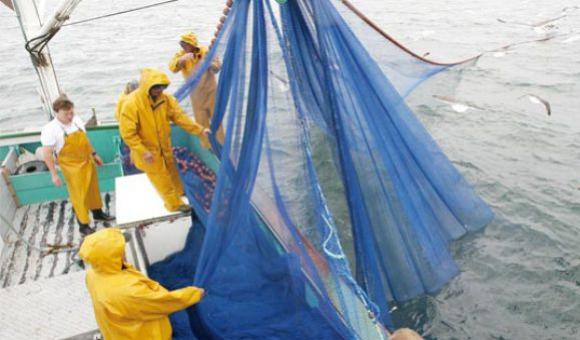
Morocco is a major partner of the European Union.
In fact, since 2008, Morocco has benefited from advanced status with the EU, with the aim of:
· strengthening dialogue and cooperation in the areas of politics and security;
· the gradual integration of Morocco into the EU internal market via legislative and regulatory convergence;
· the enlargement of the cooperation partnership to new actors.[1]
The EU and Morocco are consequently linked by a very broad association agreement: the Kingdom of Morocco is more than a simple partner of the EU. Moreover, the parties involved will only "strengthen" their ties over time.
In the context of an agreement intending to achieve reciprocal liberalisation measures in the area of agricultural products and fishery products (hereinafter, the "Agreement")[2], the Front Polisario demanded the annulment of the European decision [3] to conclude this agreement with Morocco with regards to the "Territory of the Sahara".
The Front Polisario is a group without legal personality which defines itself in the first article of its constituting document as being a "national liberation movement, the fruit of the long resistance of the Sahrawi people against the various forms of foreign occupation".
For the UN, the "territory of the Sahara" falls within the notion of autonomous territories, as referred to in article 73 of the United Nations Charter.
As for Morocco, on the question of the Moroccan Sahara (even beyond the Agreement), it has adopted a position which is broadly supported by numerous countries, including France and the United States. It should be noted that Belgium, Germany, Spain, France and Portugal have been admitted as intervening parties in the matter discussed here, in order to support the appeal of the Council of the European Union before the Court.
The main question which was put to the European Courts by the Front Polisario was whether "the Liberalisation Agreement was applicable to Western Sahara »[4] .
In its judgement of 21 December 2016 [5], the Court of Justice of the European Union ruled the appeal of the Front Polisario to be inadmissible on the grounds that "the Front Polisario cannot, in any event, be regarded, in the light of the arguments on which it relies, as having standing to seek annulment of the decision at issue" (point 133 of the Judgement).
In legal terms, it is strictly this decision as it is stated in the operative part of the Judgement which must be considered in this matter and, as such, this decision is favourable to the parties to the Agreement, namely the European Union and the Kingdom of Morocco in the context of their good relations.
[1] See: https://eeas.europa.eu/delegations/morocco/700/le-maroc-et-lue_fr
[2] Agreement in the form of an Exchange of Letters between the European Union and the Kingdom of Morocco concerning reciprocal liberalisation measures on agricultural products, processed agricultural products, fish and fishery products, the replacement of Protocols 1, 2 and 3 and their Annexes and amendments to the Euro-Mediterranean Agreement establishing an association between the European Communities and their Member States, of the one part, and the Kingdom of Morocco, of the other part.
[3] Council Decision 2012/497/EU of 8 March 2012.
[4] See: Conclusions of 13/09/2016 of the Advocate General WATHELET.
[5] Case C-104/16 P.

